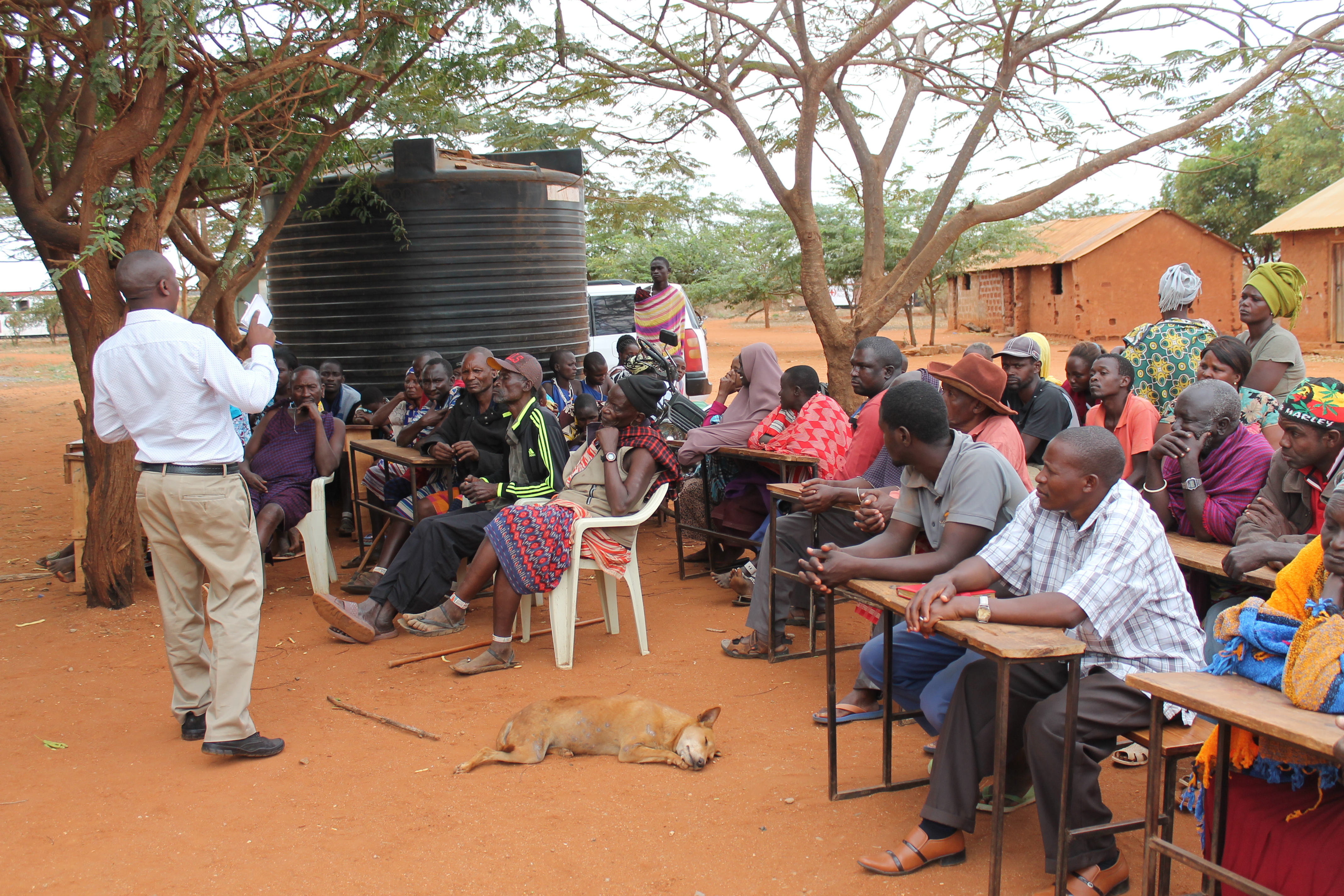
Public Participation Key to Implementing Community Projects
By Jane Okoth
For over 20 years, Wildlife Works has been in the forest conservation and climate change mitigation business by funding wildlife and environment conservation efforts. We have been working with communities in the Kasigau Corridor REDD+ Project to improve their standard of living through job creation and increasing access to social amenities such as water, health and education. This has impacted the lives of over 100,000 people in our project area, helping them transition from the destruction of forest to its protection.
Early January this year, Wildlife Works received 447,000 USD from the carbon revenue to allocate to each of the six locations in our project area namely Marungu, Mwatate, Kasigau, Mackinon, Mwachabo and Sagalla. The funds were distributed among the locations to finance community projects that seek to address challenges of poverty, access to water, education, health, environment and human wildlife conflict.
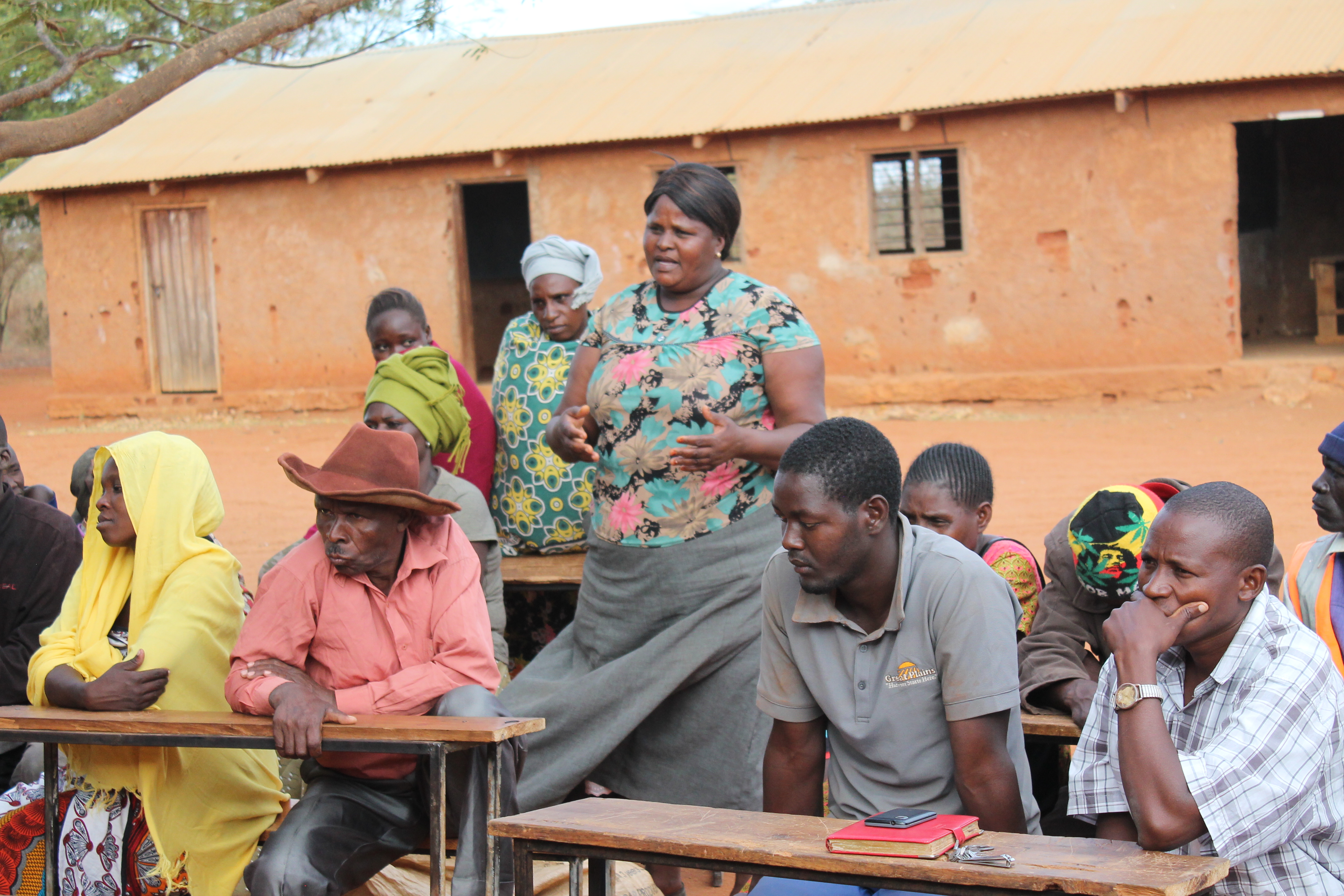
To fully execute such projects, community engagement in key decision-making is very important. We want the local community to be empowered and actively decide on projects that have a lasting impact on their lives. This is why “public participation” was introduced in the allocation of funds. Embracing public participation ensures that all citizens participate in decisions that are important to them, a critical element of Wildlife Works’ Kasigau Corridor REDD+ Project.
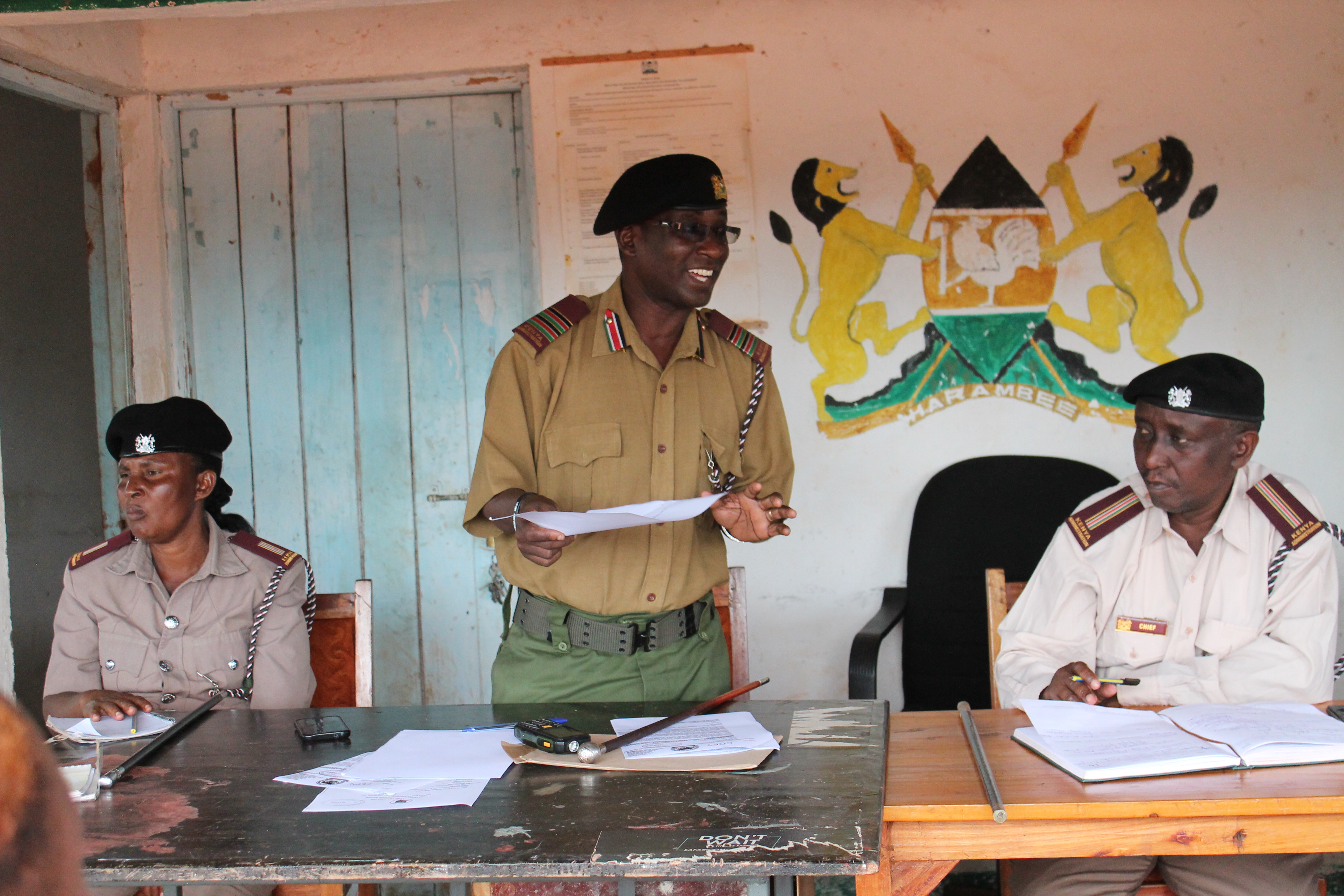
Since last year, Wildlife Works’ Community Relations team has been conducting meaningful public participation meetings in an effort to directly engage the public in decision-making and give full consideration to their ideas. The meetings have been conducted throughout our project area in which the local chief mobilizes members of the public to attend. Recently, the team visited Miasenyi and Msharinyi, villages in Marungu location. “We want to hear the public opinion on matters affecting their daily lives,” says Laurian Lenjo, Wildlife Works Community Relations Manager. Mr Lenjo reminded the local community to be present in meetings if both ongoing and future community projects are to be implemented. “Your decisions are highly valued in ensuring resources are channeled to the projects that matter to the community,” he said.

As the REDD+ project continues to take charge, we need to ensure that all community members fully understand its concept, how it works, and its lasting positive impact. The public participation gathering is therefore an opportunity for those present to learn more about the REDD+ project and to understand the link between carbon credits, forest protection and sustainable community development. Protus Mghendi, Wildlife Works’ Assistant Community Relations Officer, led a discussion on the history of Wildlife Works and how carbon credits are acquired, in order to ensure a good understanding.
When it comes to suggesting projects, not all opinions are the same as the public holds different views. Despite a few disagreements, residents proposed a number of projects such as the renovation of classrooms, desks, building of health centers, bursary allocation and more water projects.
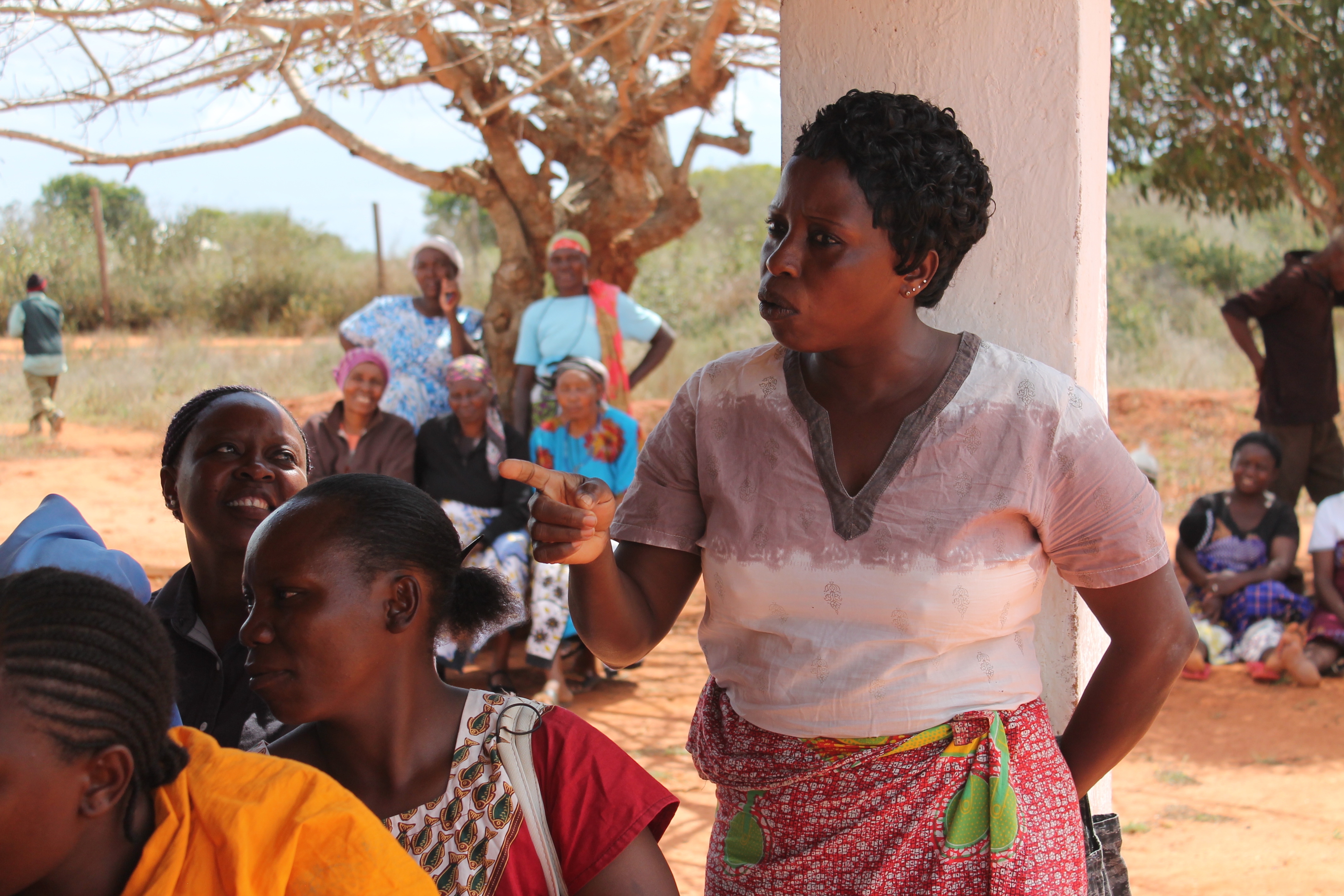
Wildlife Works has in the past implemented numerous community projects thanks to proceeds from carbon revenue. The revenue has supported schools in our project area through renovation of classrooms and donation of desks to pupils. With access to water being a challenge to surrounding communities, people are forced to walk for long distances to fetch water. Wildlife Works has therefore commissioned water projects in communities using nature-based solutions such as renovating water rock catchments, improving water harvesting with gutter systems, building water tanks, and digging dams and water pans.
Wildlife Works’ aim is to positively change the lives of locals in the Kasigau corridor. We wish to thank our community members for their contribution, which has in turn led to the success of the REDD+ project.

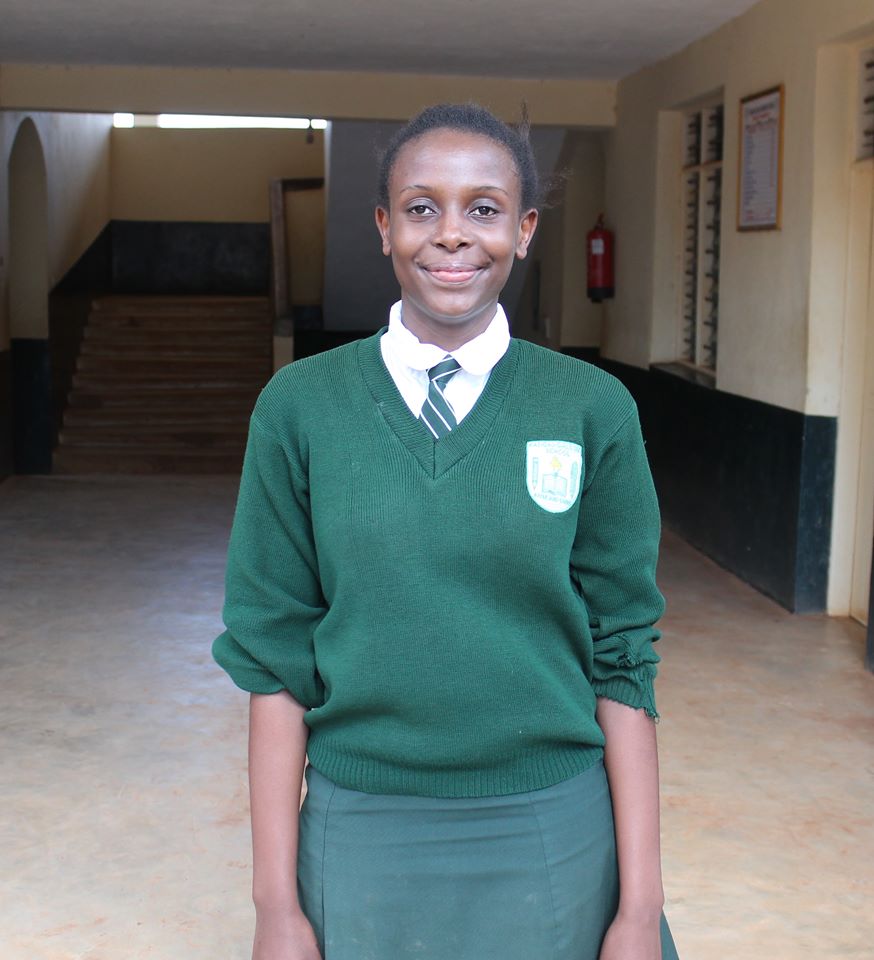
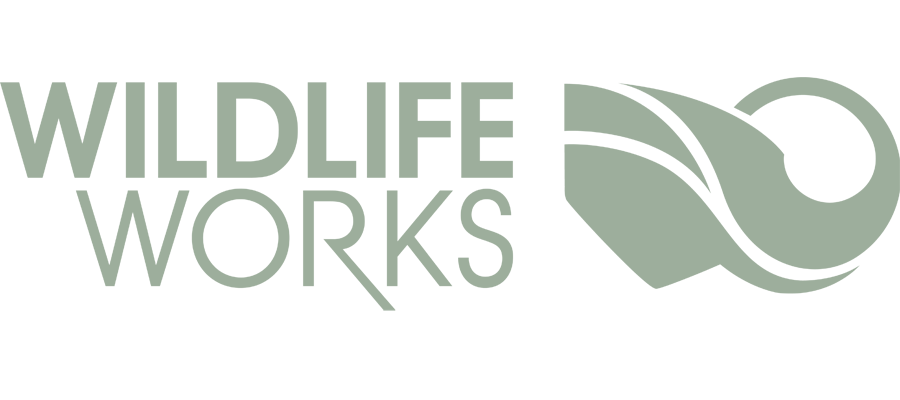
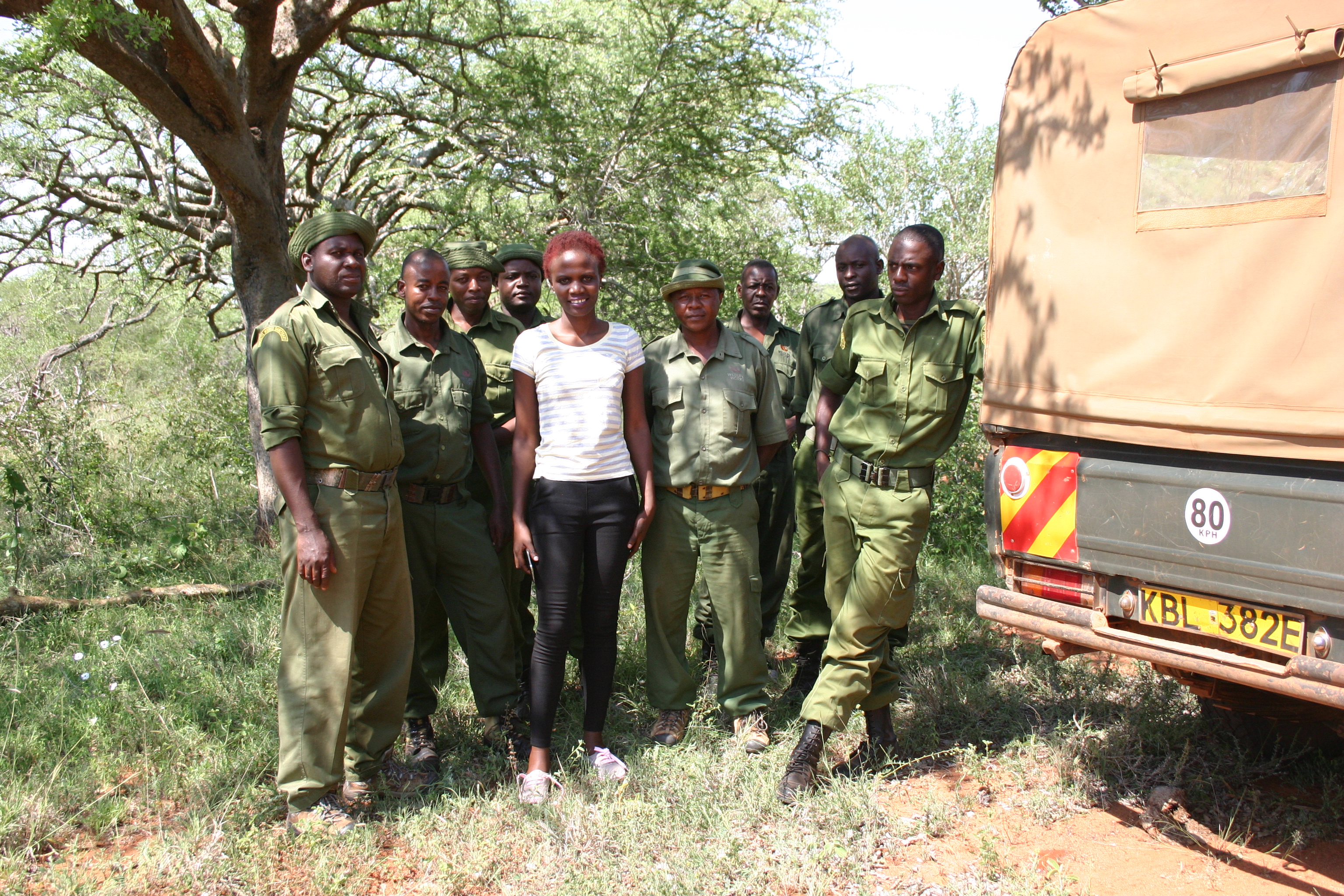
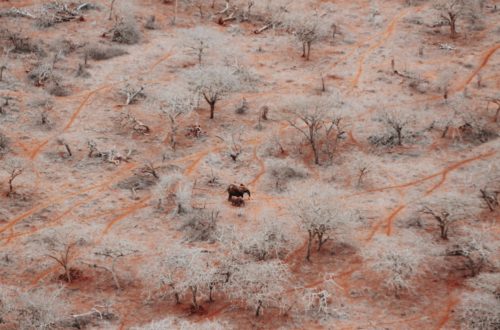
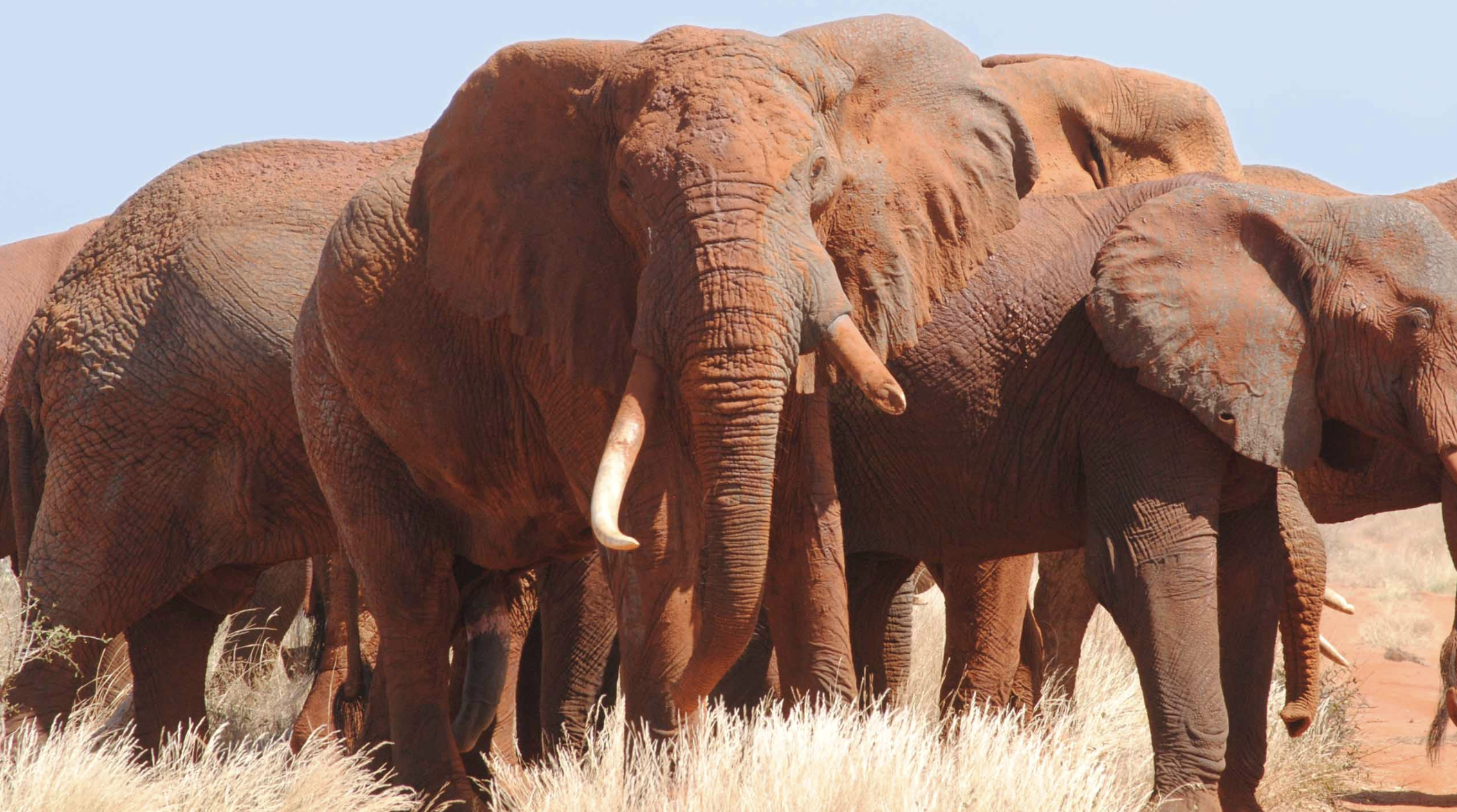
One Comment
Winnie
This is great. Good job